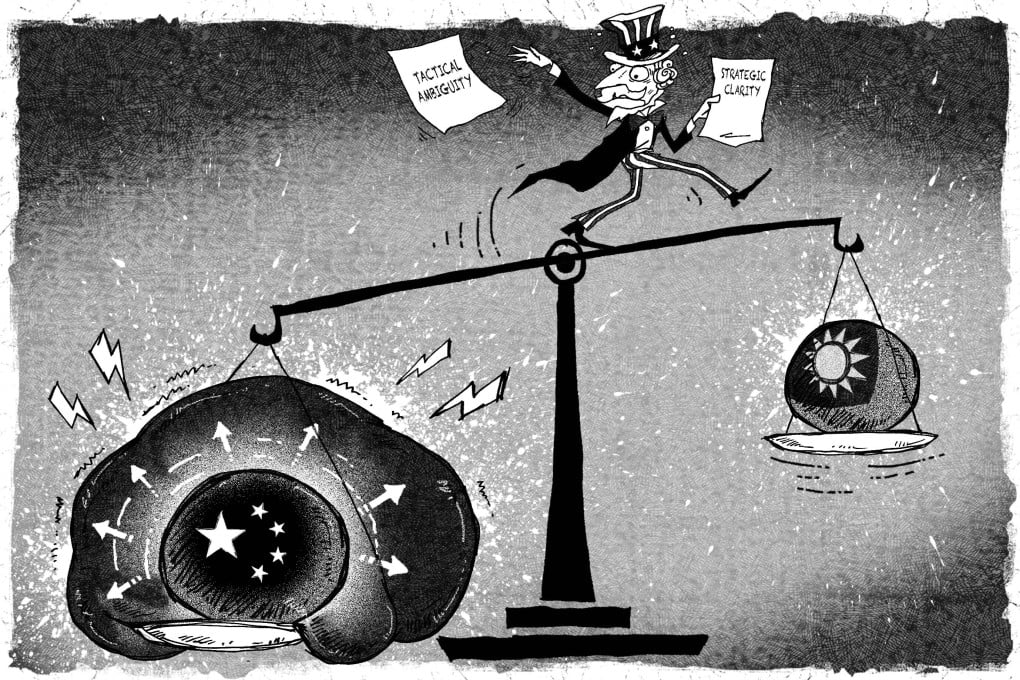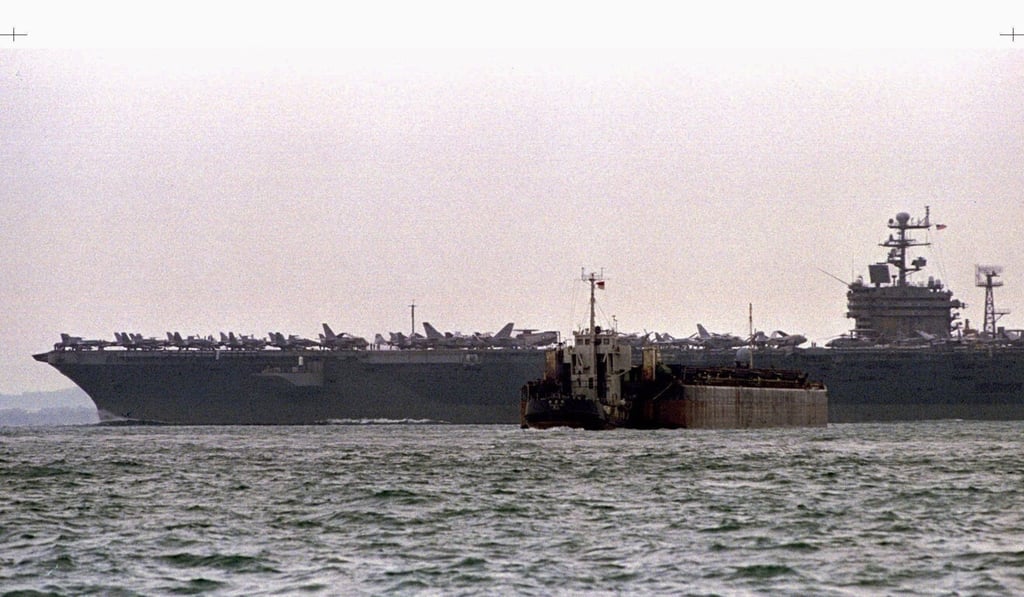Shift to ‘strategic clarity’ on Taiwan a further risk to US-China relations
- There are growing calls in Washington for an explicit commitment to defend the island from attack
- But some voices argue policy of ambiguity has prevented war for 40 years despite provocations from both sides

As voters in the United States prepare for the presidential election in November, the South China Morning Post is exploring the potential ramifications for China. The sixth part of the series looks at the debate in Washington over its long-standing policy on Taiwan.
For decades, Washington has remained studiously vague on exactly what it would do if cross-strait tensions “went kinetic”, given long-standing threats by Beijing to reassert control over the island, by force if necessary.

Among those believed to support a more explicit US stance are White House deputy national security adviser Matthew Pottinger, Secretary of State Mike Pompeo, parts of the Pentagon and many in Congress.
Those viewed as supporting the status quo include officials focused on the US-China economic relationship, namely US Trade Representative Robert Lighthizer and Treasury Secretary Steven Mnuchin. President Donald Trump has not weighed in with his views.